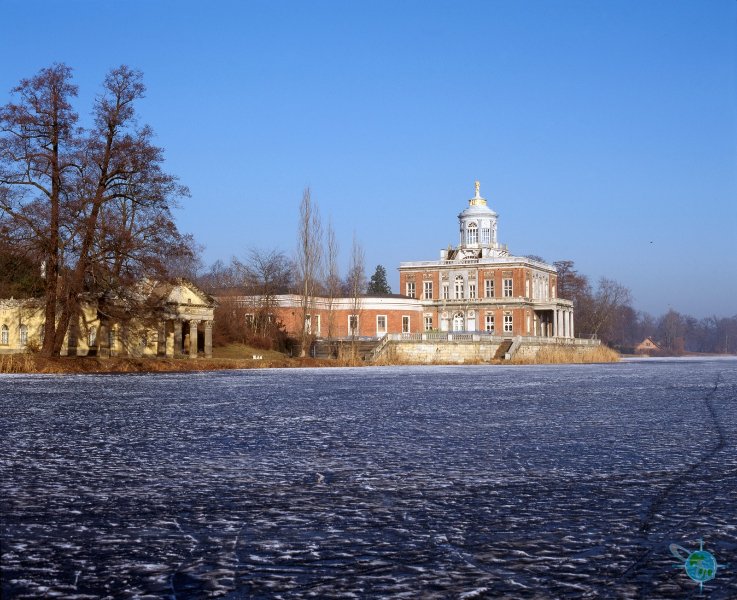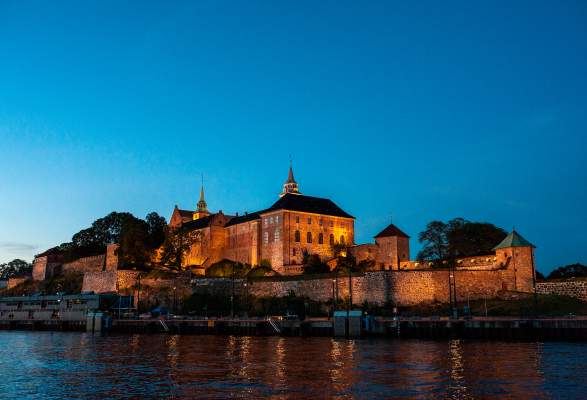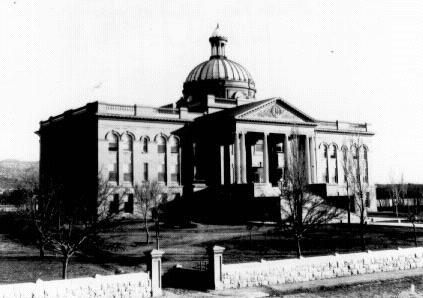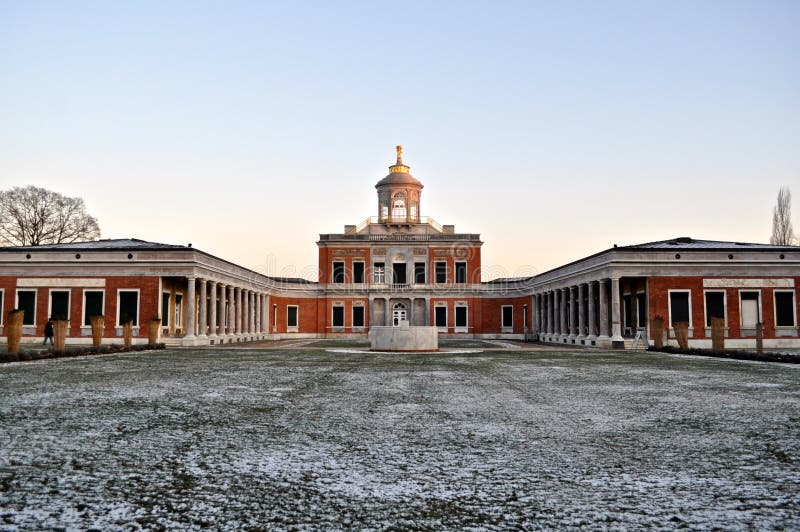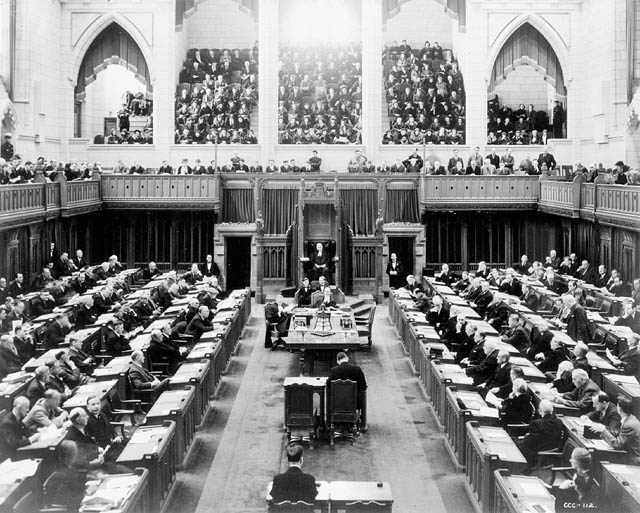
1936 — ALTERNATE HISTORY SANDBOX RP
OOC — IC —Map — Theme
Roster · Discord
IIIIIIIIIIIIIIIIIIIIIIIIIIIIIIIIIIIIIIIIIIIIIIIIIIIIIIIIIIIIIIIIIIIIIIIIIIIIIIIIIIIIIIIIIIIIIIIIIIIIIIIIIIIIIIIIIIIIIIIIIIIIIIIIIIIIIIIIIIIIIIIIIIIIIIIIIIIIIIIIIIIIIIII
ANNOUNCEMENT BOARD
Hello and welcome. Make sure to check the map before reserving, as it is updated with current claims.
By the beginning of 1918, the Great Powers had been embroiled in four grueling years of war across the world, which many felt would be won by a final push by either the Entente or Central Powers. Instead, January of 1918 saw the first reported cases of influenza in Kansas rapidly unfold into a pandemic the likes of which the world had not seen since the medieval era. The first months saw tens of millions die, with over one hundred million dead within the year. Hostilities ended on both fronts by early 1919, as the sick and dying soon became the priority of the war weary nations of the world. Soldiers deserted armies or joined local militias en masse, to defend their homes, families, or their own skins. Cities burned and industry shuddered to a halt. As society unraveled through the years of death and sorrow, the old empires finally collapsed, ushering the Earth into the grasps of a new Dark Age. Against all this though, hope endured.
The year is 1936, almost a decade after the fall of modern society, and new powers are rising from the ashes of the old. Will you reclaim the glory of a lost dynasty? Or will you forge a new path in a fragile new world. The choice is yours...
RULES AND REGULATIONS
- General.
- There are a few rules and guidelines for the RP, listed here. These following six are basic and should be easily understood and followed, and after that will follow more specific info that is more liable to change.
- Obey NationStates forum rules
- Obey the OP and those appointed as per their role
- Make sure you are not metagaming, godmodding, numberspamming, or generally RPing in bad form
- Have a couple of paragraphs a post and good grammar & spelling
- Exercise common sense generously
- Be active every couple of days at least
- Lore and Concepts.
- There is some loose backstory you are able to work with for sandboxing past the POD in 1918. The following will be updated at OP discretion
- Population decreased from 1919's totals by 40-60 percent universally, mostly affecting young adults and mid aged people at the time. This is to allow for easy computation bases and to make game play fairer. 40 percent loss is for nations that historically did better than their contemporaries, whereas 60 percent is for places like the front lines in Europe that were ravaged by the disease.
- Population may be increased past this, however, the final decision on what is acceptable is the OPs. Do not try to dispute our judgement on the matter.
- Equipment and technology has likely not advanced past the mid 20s development compared to our world. Some anachronistic older elements may be pervasive as well as alternative period technologies with justification.
- Contact with other states may be unreliable. Some states may have more knowledge of the political landscape of the world than others. Surveys and exploration will be a game play element.
Breaching these rules may result in a user being expelled from this RP at the OP Board's discretion.




